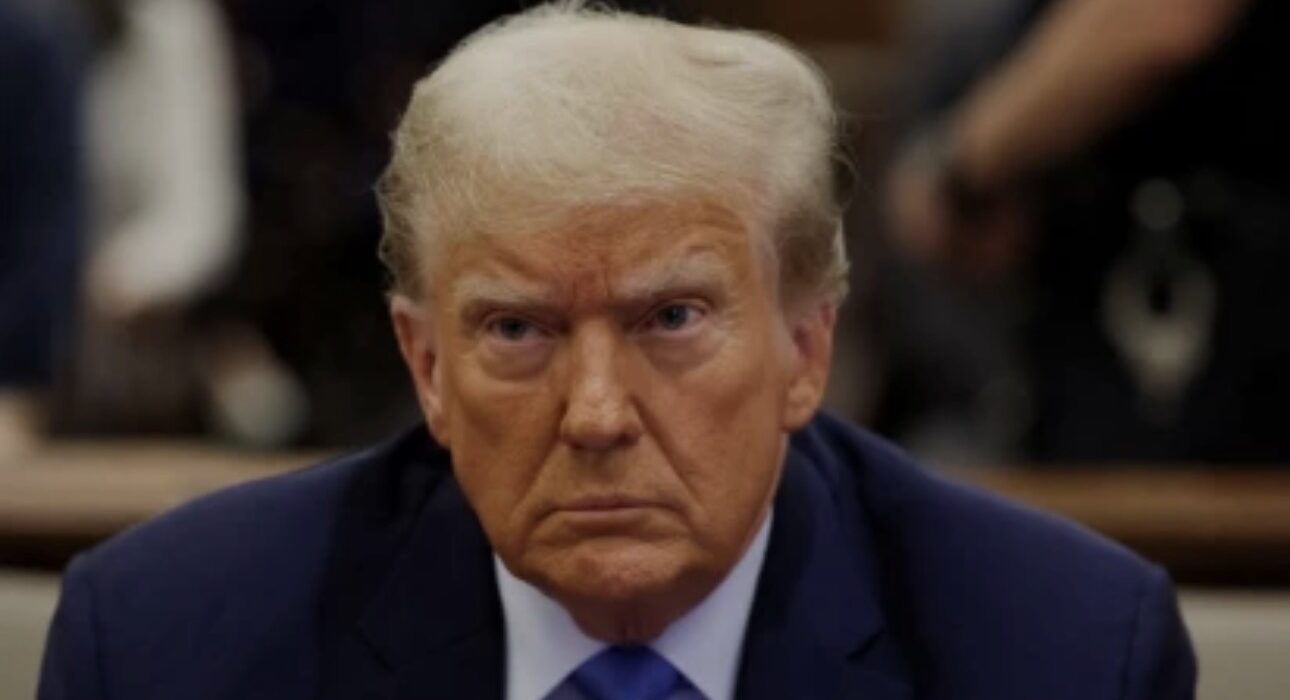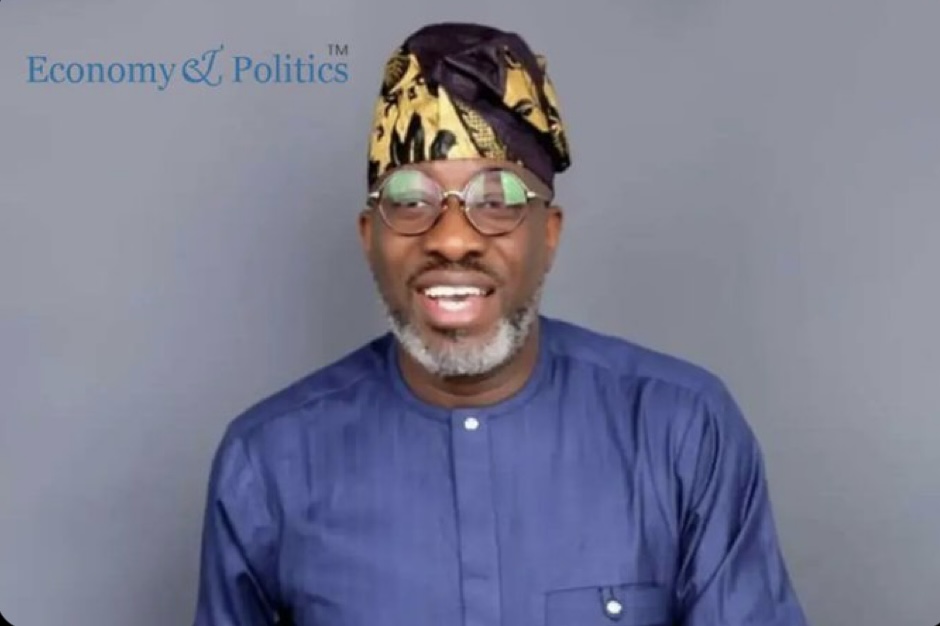Trump Renews Threat to Impose 100% Tariff on Foreign-Made Films

U.S. President, Donald Trump on Monday reignited his push to impose a 100% tariff on movies produced outside the United States, a move he claims is necessary to protect American jobs and revive Hollywood.
In a statement posted on his Truth Social account, Trump accused foreign governments of “stealing” the U.S. movie industry by luring production abroad with subsidies and incentives.
He likened the practice to “stealing candy from a baby,” vowing that his administration would act decisively to bring film production back to American soil.
This marks the second time in recent months that Trump has floated such a measure.
In May, he threatened similar tariffs but later paused the plan after his aides said the administration was still “exploring options.” Monday’s announcement, however, suggests a firmer stance as the president doubles down on his “America First” agenda.
Trump singled out California, once the heartbeat of global film production, claiming that the state had been particularly harmed as studios increasingly opt for cheaper locations overseas.
He also took aim at Governor Gavin Newsom, accusing him of failing to protect the state’s creative industries.
Industry experts warn that the proposal, if implemented, could trigger significant disruption. Many U.S. films already rely on international studios for post-production, visual effects, and even principal photography.
Imposing tariffs could raise costs, complicate international co-productions, and put streaming platforms in a difficult position when distributing global content.
Trade analysts also caution that such a move could spark retaliation from other countries, with rivals potentially targeting American entertainment exports — a sector worth billions annually.
Legal challenges are also likely, since movies are often treated as intellectual property and part of global services trade, raising questions about how tariffs would be enforced.
Despite the risks, Trump’s proposal resonates with his broader trade strategy, which has leaned heavily on tariffs to shield U.S. industries from foreign competition.
His supporters argue the policy could create jobs and restore Hollywood’s dominance, while critics see it as impractical and damaging to America’s soft power abroad.
As of now, the White House has not released a formal policy framework for the proposed tariffs, leaving studios and international partners uncertain about how soon — or how seriously — the measure will be pursued.









